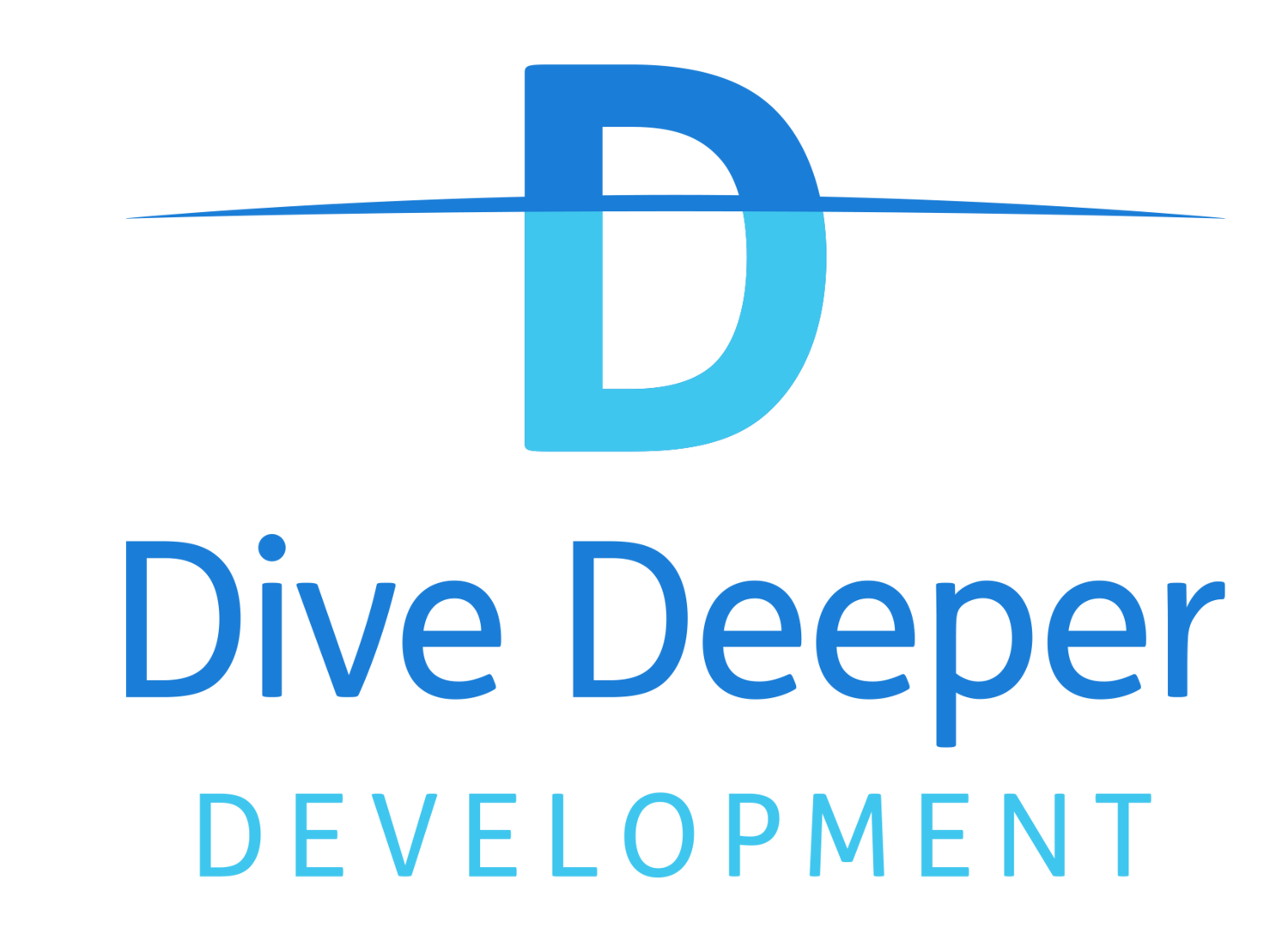I told you I was right! Confirmation bias
We all like to be smug. Who doesn't like the feeling of proving ourselves right and proving others wrong? It's a great feeling. Or at least it should be.
I'm always amazed at how some people are so pleased to prove themselves right even when it means sabotaging themselves.
People say things like:
"I'm rubbish at exams I'll screw it up" (but refusing to take on board helpful advice)
"Yes I know I got top marks in practice but I'll crumble on the day you'll see" (while working themselves into a nervous state)
"There's no point asking them, out they'll say no" (with closed body language and without smiling-so attractive!!!!)
Then guess what happens? Their biggest fear becomes a self-fulfilling prophecy but on the plus-side they were right. Furthermore, they seem very pleased with themselves for being right too:
"See, I told you I as right"
It's feels good to be right.
I never finish anything!
I've seen this many times over the years in training and coaching sessions but one example stands out in my mind of a woman I met whilst I was a coaching assistant on a training course. I'd been coaching her, along with many others, all week. The assessment was an open book test and had already been submitted. She had already passed her qualification she and the only possible way she could have failed was to not complete the activities in the week's sessions.
She had a great attitude and was a brilliant participant. She was confident and capable, until the last day that is. In the morning she was her usual positive self but by mid morning I started to observe some uncharacteristic behaviour. She started putting up objections to what was being learnt. It was pretty uncontroversial stuff so those objections were easily overcome. Then she started to dabble with the exercises and not really engage with them, a complete contrast to what we had seen all week. By the afternoon she just was not getting involved at all and was preventing other participants from learning. Luckily for her the trainer spotted what was going on and pulled her aside. How did she explain her behaviour?
"I never finish anything. I never have. Not my exams at school. Not any qualifications in my professional life. I never allow myself to finish anything. I always quit before the end.
She was going to extremes to prove herself right. I guess that's the very definition of cutting off your nose to spite your face, being pleased about being right despite getting it wrong.
Fortunately for her, the facilitator didn't let her quit where others would have. He made sure that she finished and got her qualification. She said it was the first time she had finished anything in her life.
So why do we do it?
Why do we do that?
A good explanation for this is called confirmation bias.
Confirmation bias refers to a type of selective thinking where you tend to notice and to look for what confirms your beliefs and to ignore, not look for, or undervalue the relevance of what contradicts your beliefs.
A harmless example is the belief that left-handed people are more creative than right-handed people. Every time you meet a left handed person who is creative you will take this as confirmation that your belief is right but so strong is our desire to prove ourselves right, every time you meet an uncreative left handed person you will dismiss it an exception or find some other reason for them not fitting your pattern.
If you are like most people, you probably like to believe that your beliefs are the result of years of experience and objective analysis of information. In fact, our ideas are often based on paying attention to the information that upholds our ideas and ignoring the information that challenges our existing beliefs.
Confirmation bias becomes most obvious when one looks at how seemingly conflicting information is dealt with. We give greater weight to evidence that supports our beliefs even when the evidence to the contrary is stronger. We will always find an explanation to justify rejecting conflicting ideas.
In the worst cases, confirmation bias can cause people to unconsciously create an environment which makes proving themselves right more likely. For example, the person who thinks they'll never get a date but only ever goes after married or unavailable partners or the person who is nervous about an exam but doesn’t take the time available to study.
Be careful what you choose to believe
Challenging your deeply held beliefs about yourself can be scary. Think about my lady in the training session. Now she knows that she can finish things, what else will she have to let herself do? Will she continue to prove the idea that she doesn't finish anything right? Will she ignore the evidence that she can finish something, dismissing it as an anomaly? Or will she now choose a new belief about herself?
So what about you?
What beliefs did you used to have about yourself that you now know are not true?
At some point in time you believed you were a six year old, hopefully you don't believe that anymore. You let that belief go. You've probably held onto others even if they are no longer true.
What beliefs do you still hold about yourself that make you feel smug when you prove them right?
What beliefs have you banished and what have you replaced them with?
Whatever you choose to believe you can guarantee that you will set out to prove yourself right.


